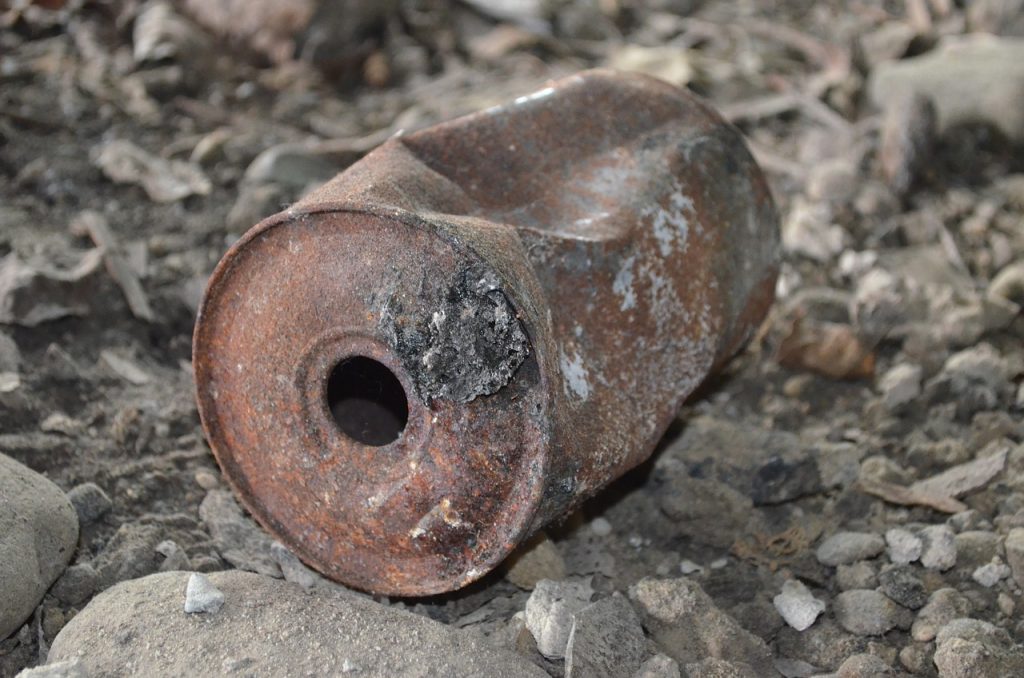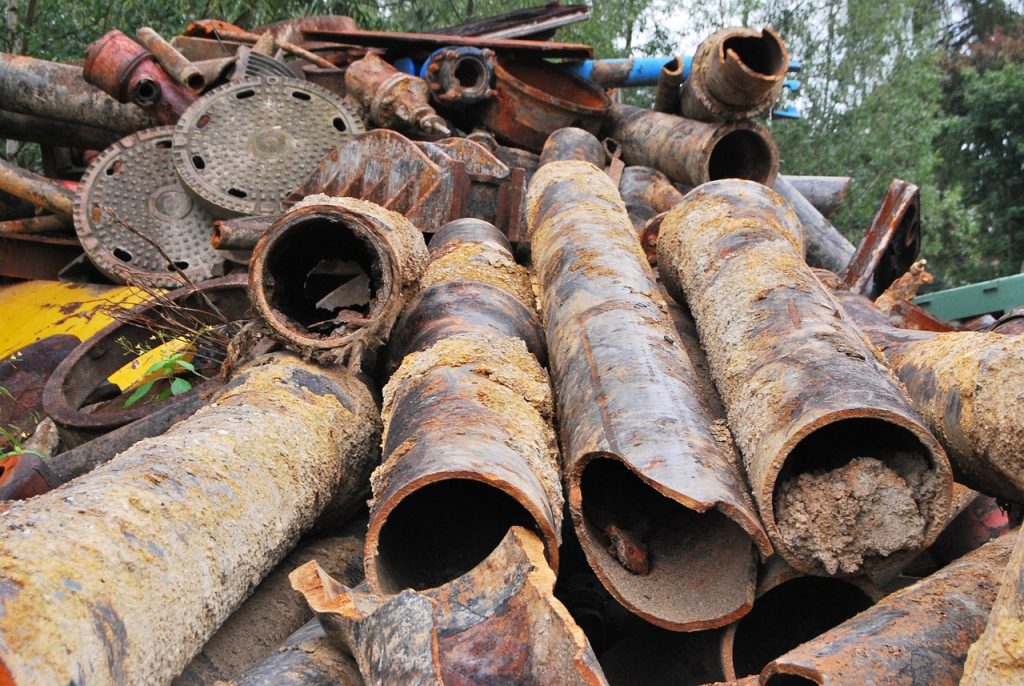- Store cans at home after use.
- Pre-sort recyclables: aluminum cans separately from metal cans.
- Visit your local recycling drive-thru or center.
- Hand in your sorted cans.
- Understand the difference: metal cans are melted, aluminum cans are shredded.
- Remember, aluminum can be recycled indefinitely.
- Once sorted, cans are sent to factories for processing.
- Cans are crushed, baled, and shipped to manufacturers.
- Used cans are transformed into new cans, sheets, or automobile parts.
- Look for incentives or promo codes when recycling.
The Process of Recycling Aluminum Cans: Every Detail You Need to Know
Are you aware of how to recycle cans, especially those made of aluminum? The process might be more fascinating and important than you think. The first step in the recycling process is to store your cans at home after use. A storage view of lined up empty cans might just remind you about their potential value. Once you’ve gathered a sizable number, it’s time to head to your local recycling drive-thru.
A drive-thru recycling center comes with the convenience of not having to step out of your car. Just hand in your trash and go – simple as that. Of course, it’s important to pre-sort your recyclables – aluminum cans here, metal cans there. By doing so, you’re helping the recycling center avoid unnecessary sorting work and driving the recycling initiative in the right direction.
But, what is the right way to recycle? Metal cans and aluminum cans are both valuable but require different recycling processes. Metal cans are often melted down, while aluminum cans are shredded into small pieces, a method designed to save energy during the recycling process.
Many are unaware that recycling aluminum is incredibly beneficial for our planet. Unlike plastic, which can only be recycled a certain number of times, aluminum can be recycled indefinitely! How amazing is that? So, next time you have a crv beverage, consider the can’s journey and potential for reuse. Beverages subject to recycling are a way for us to contribute to preserving our environment.
Once your cans have been sorted, they are sent to a factory for processing. Here, the cans are crushed and baled, ready for shipment to manufacturers. Recycling centers often sell used cans to scrap yards or directly to companies that will turn them back into cans, sheets, or even parts of automobiles.
Hence, cans, they are, after all, a vital part of our everyday lives. They’re not just holders of our favorite beverages. They’re valuable resources that can be recycled over and over again, which is incredible for both our wallets and our Earth.
Further, if you are not already doing so, watch out for promo codes or incentives offered by recycling centers for turning in your cans. After all, it’s good to get rewarded for doing the right thing, isn’t it?
In conclusion, recycling, is the order of the day! Aluminum can recycling is a simple process that anyone can participate in. So, the next time you quench your thirst with a canned soda, remember that you hold in your hand more than just a disposable object. It’s a valuable resource that can be given a new life – if you know the way to recycle.
Understanding and Applying the Bottle Bill in Recycling Cans
Let’s dive into understanding and applying the Bottle Bill in the world of recycling. You might be wondering, what’s the Bottle Bill? Well, it’s a game-changer in recycling, especially when it comes to cans. Not just any cans, but aluminum ones, a type of metal that’s widely accepted in recycling centers. The Bottle Bill was designed to encourage recycling and reuse of cans among home-users. It’s got a few fascinating details that you’ll want to pay attention to.
The Bottle Bill requires consumers to pay a small deposit when they purchase beverages in cans, particularly aluminum ones. Remember, aluminum is a metal that’s not just accepted but highly valued in most recycling centers. You don’t have to pay just for the pleasure of drinking a soda, the point of this bill is to encourage you to recycle when you’re done. When you’re prepared to recycle those cans, you have to take ’em to a recycling center. When the center accepts your recycled cans, you’ll get your deposit back. So, basically, you pay first and get paid later – quite a recycling cycle if you ask me!
The idea behind the Bottle Bill is to motivate consumers to recycle more and toss less. That’s a concept that’s worth embracing for our environment’s sake, right? It’s one of the surefire ways to promote the recycling habit right from home. So, the next time you’ve got cans cluttering your home, remember your contribution isn’t just about tidying up, it’s about safeguarding the environment.
Some states have even implemented broader versions of the Bottle Bill, covering not just cans but other beverage containers too. Think glass bottles, paper cartons, and even plastic tubs. Paper, as we all know, is another popular recycling commodity. So, whether you’re a lover of diet sodas (cans) or organic apple juice (paper cartons), there’s room to recycle and contribute to the cause.
While the Bottle Bill might seem a tad labor-intensive (I mean, who enjoys lugging a bag of empty cans to the center?), it’s unfathomably worthwhile. The bottles and cans you recycle are given a second life as recycled products, saving resources, and reducing landfill. By reusing and recycling, we’re pitching in to protect our planet, and that’s priceless.
Moreover, since most recycling centers are keen on aluminum and other metals, you’ll usually find they pay a pretty penny for these materials. Cheers to some spare change for that morning caffeine fix! Thus, it’s a win-win situation; you help to conserve the ecosystem and pocket a few bucks.
Remember, recycling isn’t just about tossing cans into a colored bin and wishing them luck. There’s more to it, as we’ve discussed on this page. From understanding recycling processes, such as how to recycle aluminum cans, to grasping key details about the Bottle Bill, it’s about making recycling habits stick. And above all, fostering love towards our earth right from your home. Let’s make a difference, one recycled can at a time!
The Importance of Choosing Metal: The Most Recyclable Material
When we talk about cans, we’re referring to metal, specifically aluminum. This is the most recyclable material known to man and it’s advantageous to make it your first choice when considering the packaging of your goods. But why is that? Why is choosing metal so important? It’s simple! Unlike plastic, metal doesn’t lose its quality when it’s recycled. Therefore, it can be reused over and over again without any significant degradation. This feature makes it more sustainable, reducing waste and contributing positively to our environment. Additionally, the city provides recycling programs that further promote the collection and reuse of metal cans.
Sadly, plastic materials have overshadowed metal in many areas due to their cost-effectiveness. Everywhere you look, you’ll see plastic. It’s used in everything from packaging to toys, and sadly, it’s taken over our city. Santa, a city famous for its Christmas celebrations, is unfortunately no exception. The wasted plastic found after the festive season is a disheartening sight. Despite the city having a recycling program, the amount of plastic waste overtakes the amount of recycled material produced each year.
Countless plastic bags and bottles are thrown away each day, but these materials don’t decompose easily. They linger in our oceans, streets, and landfills, which is disastrous for the environment and wildlife alike. The city, county, and all residents should take a more conscious effort to reduce, reuse, and recycle plastic waste. It’s high time we make a change.
One way to make this change is by adopting the use of cans instead of plastic bottles. Many cities have started to push environmentally-friendly practices and the use of metal cans has seen a rise due to this. Waste reduction is the goal, after all.
While the waste produced in the city is significant, the county waste is another aspect altogether. County waste consists not just of plastic but of paper, glass, and metal too. It becomes a problem when these materials don’t get recycled properly. It’s important for both city and county dwellers to learn about waste management and follow proper recycling procedures to make a difference.
A beneficial program related to this issue is the Bottle Bill, which encourages the recycling of beverage containers. It’s an effective way to decrease litter from cans and bottles. Just by understanding and applying the Bottle Bill, you can make a substantial contribution to recycling. Whether you live in a city or county, make an effort to recycle metal cans. It’s a proactive step towards a cleaner environment.
To further encourage the recycling of metal cans, we should also consider the potential use of recycled cans. Not only do they help in reducing waste, but they are also valuable materials. They can be used to make many items and can contribute to different industries such as construction or automobile production. Recycled cans are a source of sustainable materials that we all should leverage. Let’s make the city, make the county, make the world a cleaner place to live.




